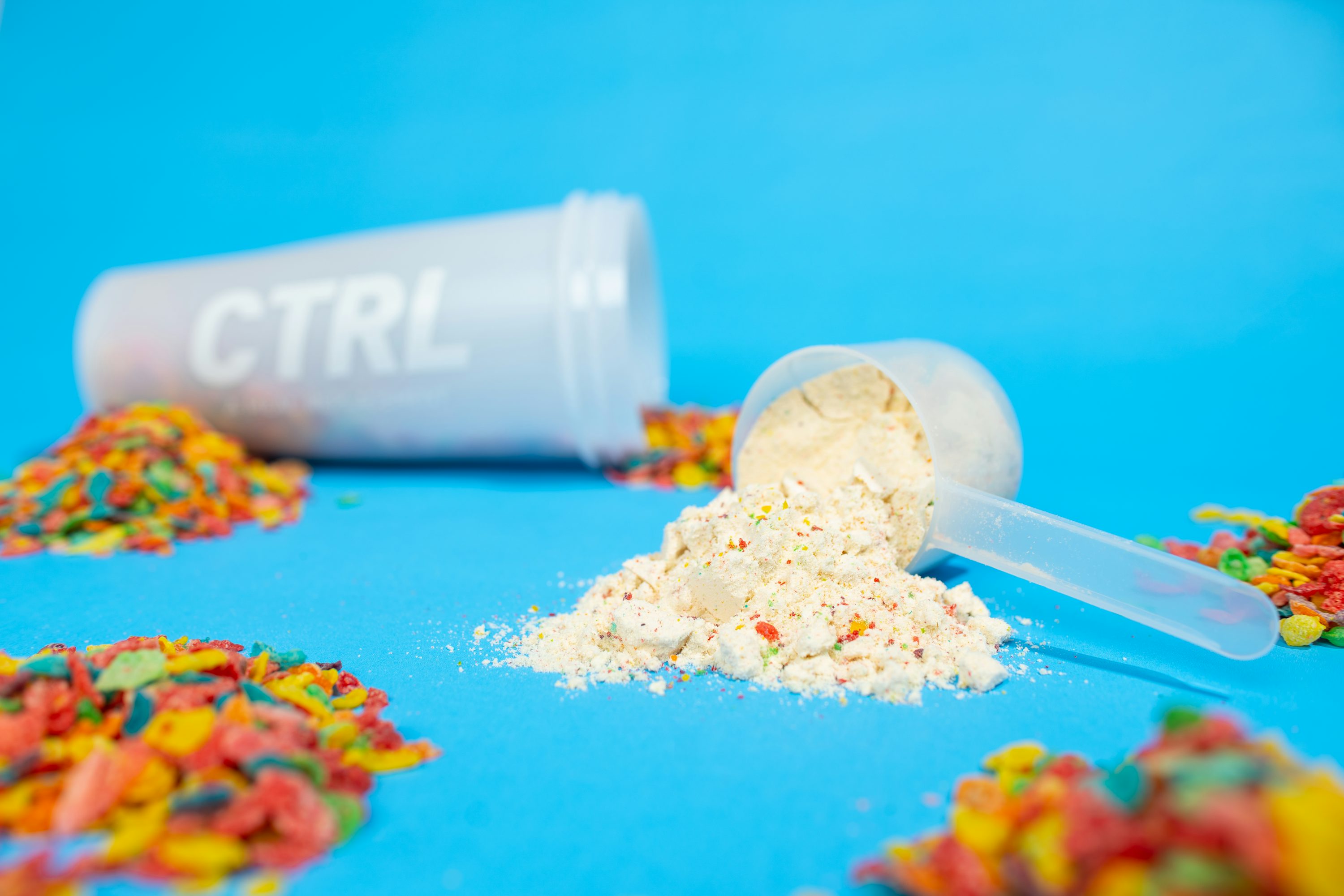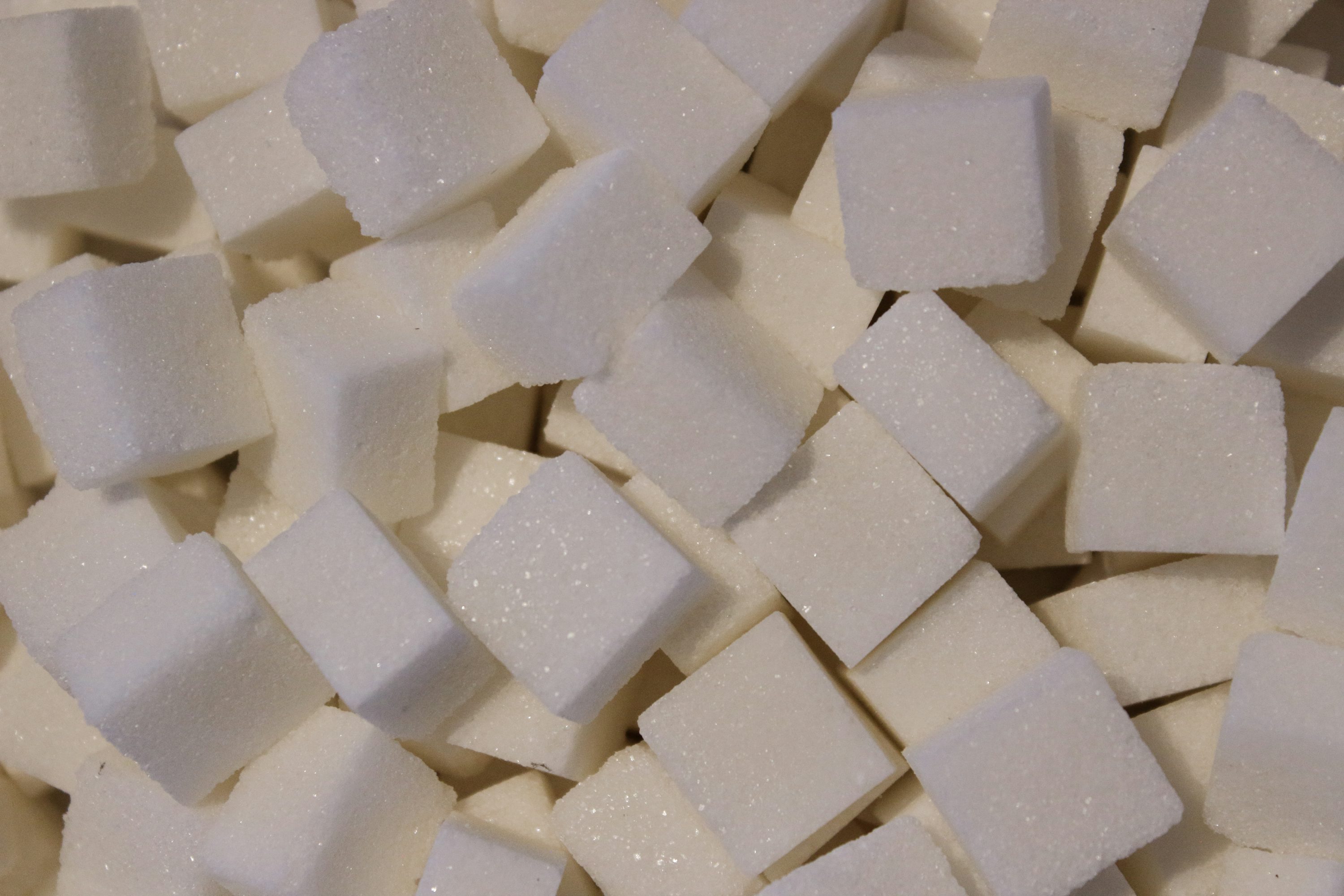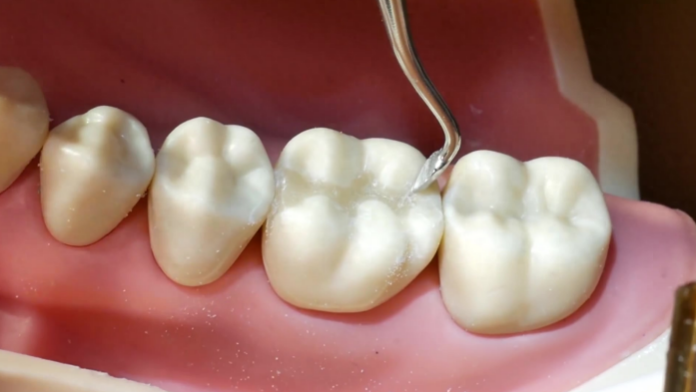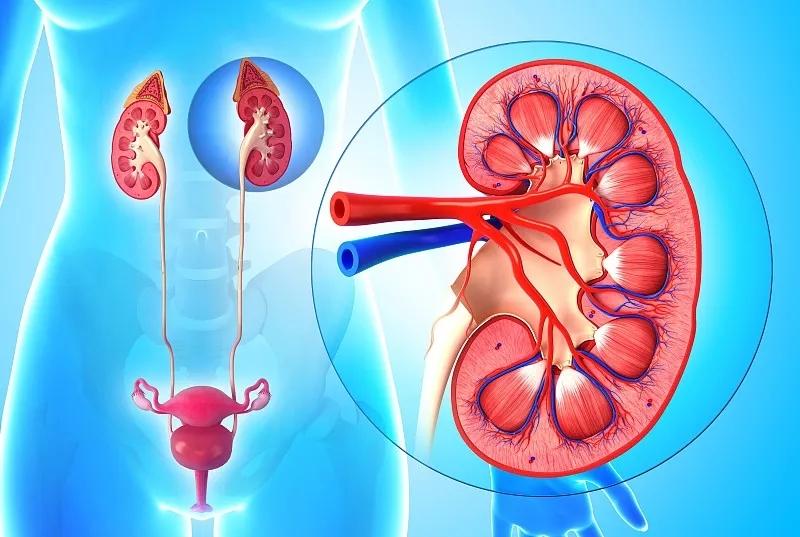From soft drinks to chewing gum, from baked goods to low-sugar drinks, artificial sweeteners are like magicians in taste buds, exerting sweet magic far beyond sucrose with extremely low calories, and becoming the "savior" for countless people to pursue sweetness and control their weight. However, with the deepening of related research, the health aura above its head is gradually dim, and the controversy is getting higher and higher.

Artificial sweeteners can easily avoid the calorie trap, which seems to perfectly meet the needs of modern people to be both sweet and thin. Aspartame, Sucrose, Saccharin Sodium...These names frequently appear on the food ingredient list, and their sweetness is dozens or even hundreds of times that of sucrose. Just a little bit can make a sweet taste, and you don't have to worry about the soaring calories. They help countless diabetics and obese people keep the sugar control line, so that "sweetness" is no longer exclusive to a few people.
Recently, however, some research results, like boulders thrown into a calm lake, have aroused thousands of waves in the scientific and medical circles. Some experiments have found that long-term intake of artificial sweeteners may disturb the "intestinal rivers and lakes" of the human body. Intestinal microbial community is the hero behind the scenes of human health, and participates in many important tasks such as nutrient metabolism and immune regulation. The "visit" of artificial sweeteners will make this balance change quietly, and the number of some beneficial flora will decline, while the harmful flora will take the opportunity to "make waves". The chain reaction of intestinal flora imbalance, like dominoes, may be linked to health problems such as obesity and metabolic syndrome, which makes people unconsciously pulled by the force of nature.

Looking at the link of insulin secretion, insulin is like the "goalkeeper" of stabilizing blood sugar in the body. After normal eating, it is precisely regulated to keep blood sugar stable. However, artificial sweeteners seem to be naughty "troublemakers" and stimulate insulin to "work" in advance. Over time, this "goalkeeper" may be exhausted and slow to respond, laying a hidden danger of insulin resistance. Some studies have also observed that the taste that is used to artificial sweeteners is too sweet, like a spoiled child, and the sweetness of natural foods is no longer cold, which urges people to constantly look for more sweet stimuli in their diet and makes the sugar control plan secretly "collapse".

At present, food supervision and scientific research forces have been involved in it, drawing a safety margin for the public. Food safety standards are painstaking. According to massive experiments and toxicity assessment, the daily allowable intake (ADI) of artificial sweeteners is determined. As long as it does not exceed this red line, the sweetness on the tip of the tongue will be safe for the time being. However, like an unresolved "health tug-of-war", the controversy over artificial sweeteners continues. Scientists, like detectives, track its subtle influence on every corner of the human body with more cutting-edge technology and larger-scale experiments, and strive to clear the fog and give the public an accurate health guide. Perhaps in the near future, we will find the key to unlock the truth of artificial sweeteners, so that sweetness will return to purity and health will no longer be entangled in sweet choices.





